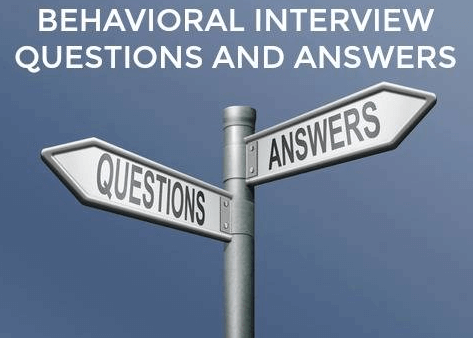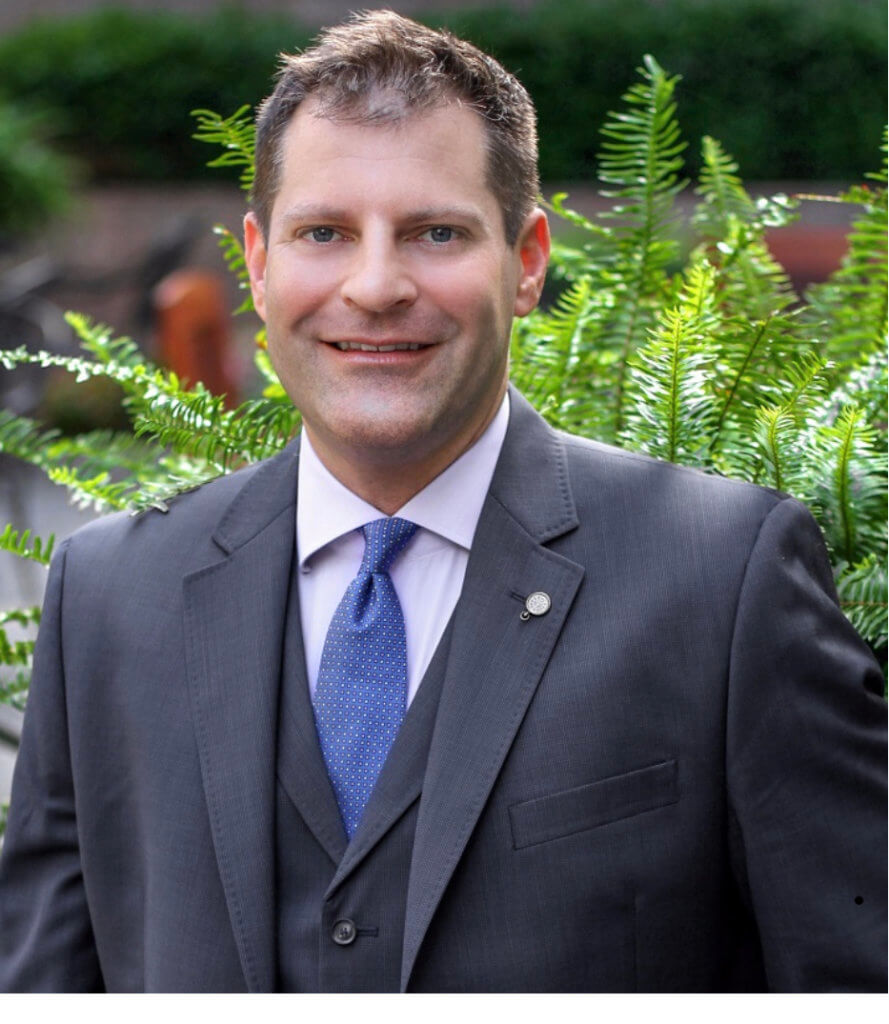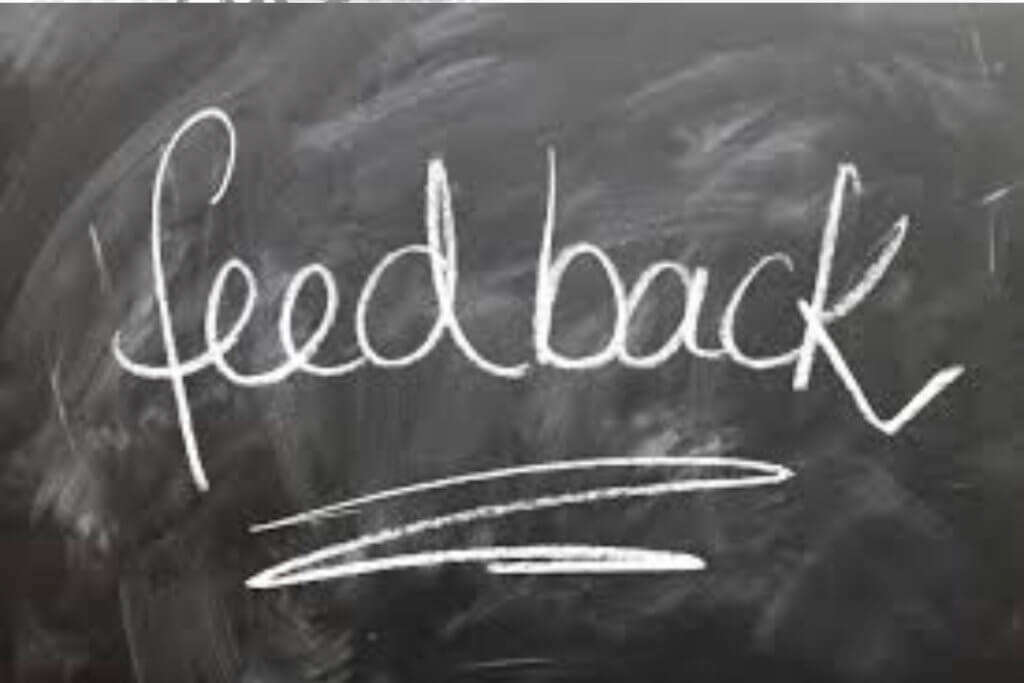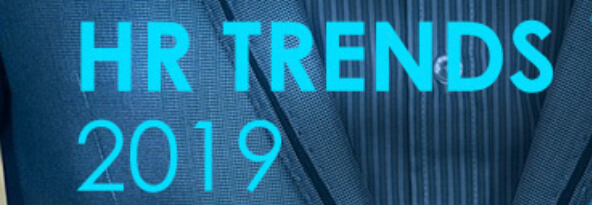Great Behavioral Interview Questions to Ask

I find that most organizations do a very poor job of interviewing because they don’t ask the right questions to get to know candidates on a very deep level.
Many candidates are well versed in the “typical, surface level, and boring interview questions.” They have practiced their “canned” answers. That’s not good for your organization and team because unqualified and/or poor fits can often breeze through interviews.
They are able to hide their personalities, emotions, behaviors, and intentions.
I created this example interview strategy document with suggested (and specific) questions that you can consider using in the first round of interviews (after an initial screen).
These are a combination of behavioral, teamwork and other types of questions that allow you to quickly dig very deep into an interviewee’s character, beliefs, thoughts, and soft skills.
Very few candidates will have ever been asked any of these questions, which will require them to really think and share their real thoughts and feelings.
In addition to the answers they give, you’ll want to watch (and note) their body language, eye contact, tone, facial expressions, word usage, candor, humor, and if they stumbled answers questions.
You can ask the questions in any order (except the one question for the hiring manager, which is meant to be the last one in the interview). But each question grouping is done in a very specific way.
You should definitely ask additional questions about the skill sets, industry/vertical expertise and more. You also may need to “test” the candidate for specific skill competencies.
I’d always start each interview asking them a question to get to know them. It really doesn’t matter what. It helps some candidates relax. Plus, it’s more fun and not so serious.
At the end of each interview, ask them if they have any questions. If they don’t, that’s a red flag.
The interview order below is in reverse order. I’d start with the most junior person and work your way up to the hiring manager. If you have someone more senior in the interview process, I’d slot them in position #3.
Then, I’d do a group discussion and review the answers the candidate gave you. You can create an interview “scorecard” with your criteria, have everyone score it and share the results with the team.
If you ask questions like these, you’ll know the candidate you want to move forward with to the next stage in the process. You’ll also get rid of people who “opt-out” because they don’t want to be an environment/culture like the one you want. That’s a good thing!
Start Here
Questions for the hiring manager before the interview process. You’d want to share these with the team.
- What are three things would make this candidate a great hire?
- What are three things would make this candidate a very poor hire?
- What does success look like for this person in the first 90, 180 and one year?
- What are the top three values that this individual needs to exhibit to be able to work well with the team?
- Are there specific skills and/or competencies this person needs to have
Example interview questions if you have a team of four people interviewing a candidate.
Interviewer #4 (The Hiring manager):
What are your impressions of the team here so far?
What qualities do you particularly value in people who work with you?
Describe a time when you had to interact with a difficult client. What was the situation, and how did you handle it?
Tell me about your proudest professional accomplishment.
Tell me about a problem you solved in a creative way.
Why are you leaving your current employer?
Last question of the interview: After you leave today, what are the top three things you want me to have heard about who you are? What do you want to make sure sticks with me about you?
Interviewer #3:
What’s your process for handling conflicts? Describe a conflict you’ve had in the past and how you resolved it?
What does being good or very successful at your job mean to you? What are the top three key values you associate with this?
Talk about a time when a co-worker was not doing their share on a project. How did you handle it?
What is one thing you regret most about your past job?
Why do you believe you’ll be a good fit at XYZ organization? Why would you want to be here versus another company?
Interviewer #2:
If you could have one superpower, what would it be and why? (this is a good one to see someone’s personality).
What is your communication and collaboration style (describe it)? How would others you’ve worked within the past describe it?
We all make mistakes we wish we could take back. Tell me about a time you wish you’d handled a situation differently with a colleague.
What specifically can someone do to bring out the best in you?
Interviewer #1:
Ask the candidate something funny or a question to make them feel comfortable.
• Examples: What actor would you choose to play you in a movie? What’s your goto comedy movie that always makes you laugh and why did you choose it?
Tell me about a time you were under a lot of pressure. What was going on, and how did you get through it?
Share an example with me on how you have dealt with failure and bounced back from it?
When working on a team, what’s hardest for you?
What one skill would you like to improve and what’s your plan for doing so?
What was your best day in the last five years? What was your worst?
What do you like to do outside of work?





